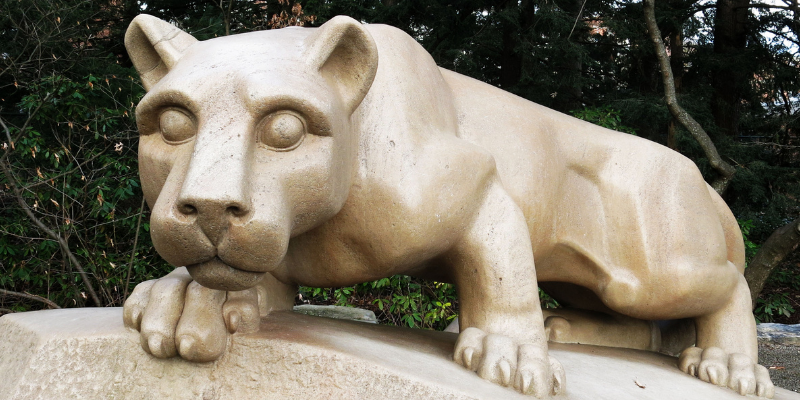
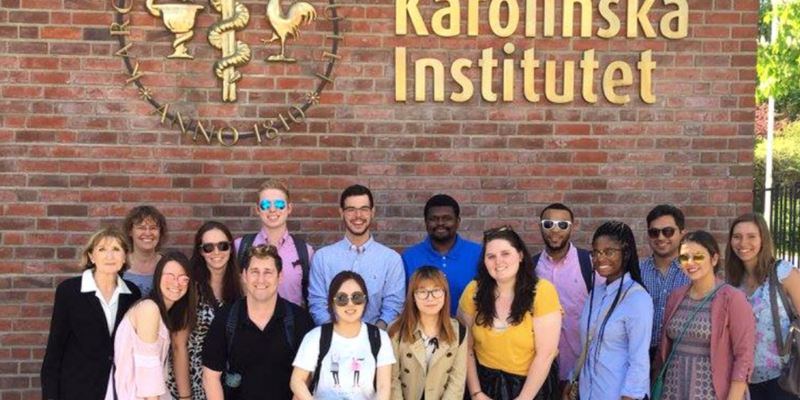
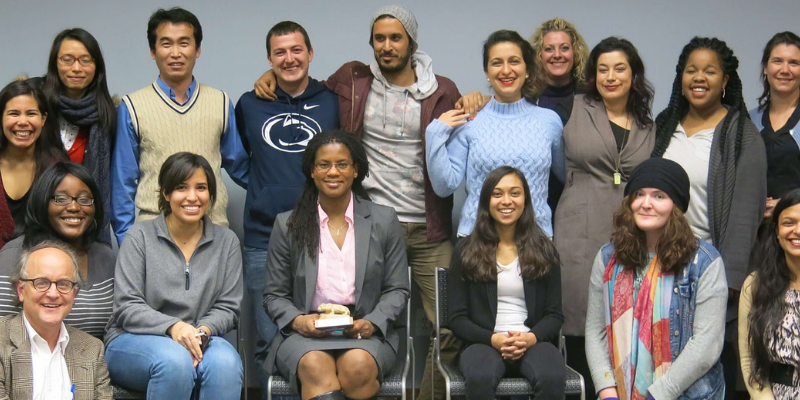
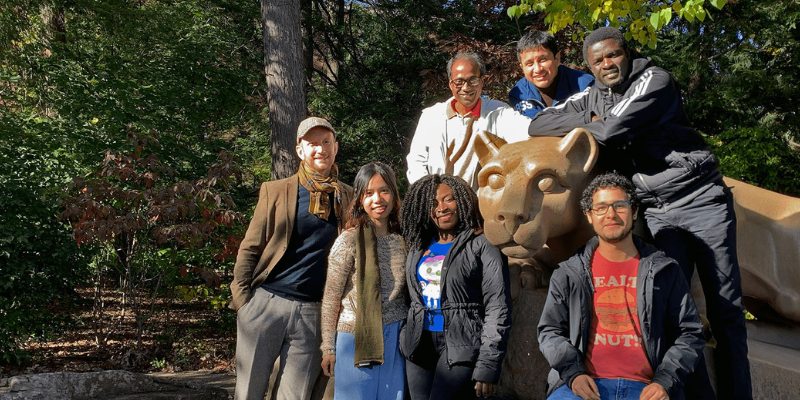
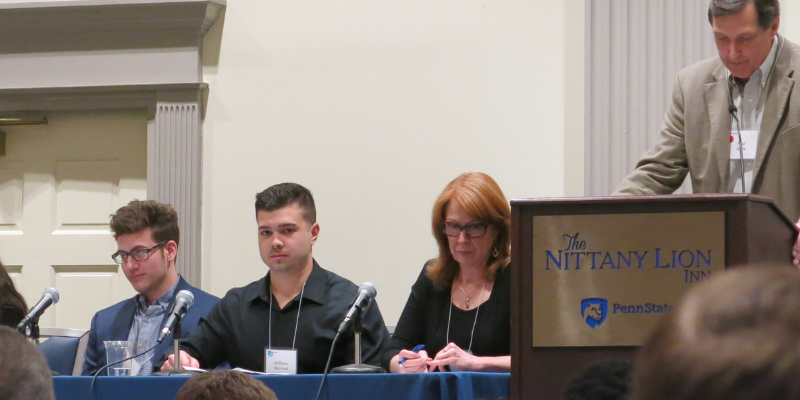
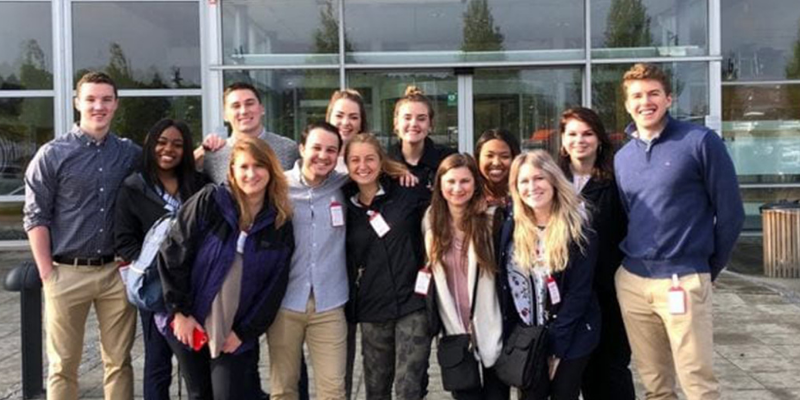
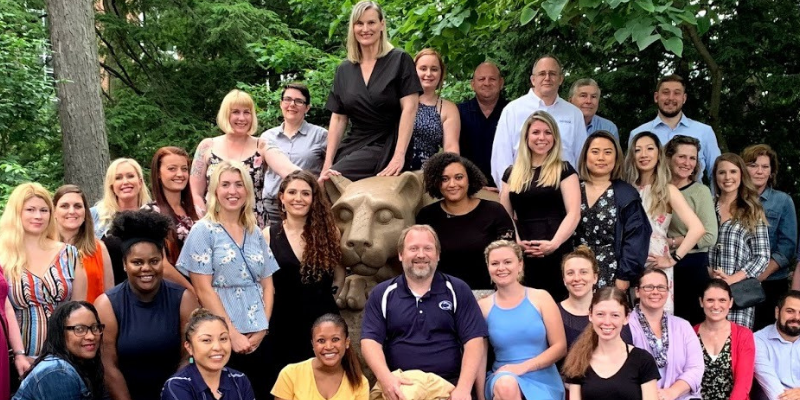
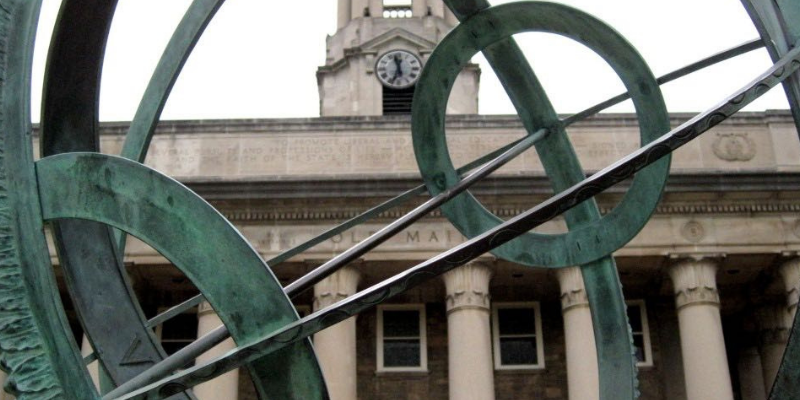
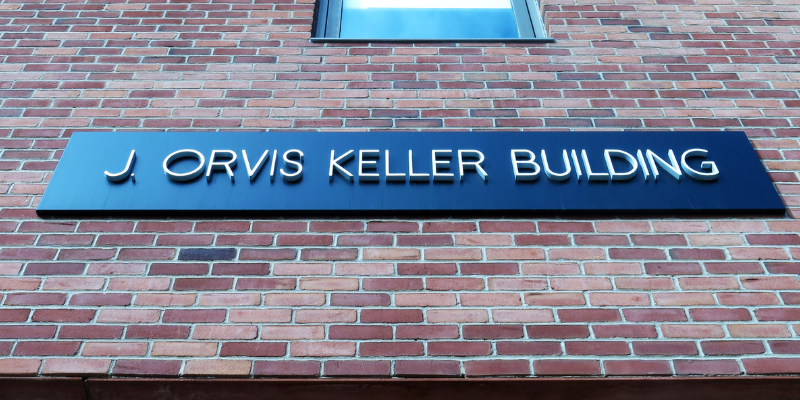
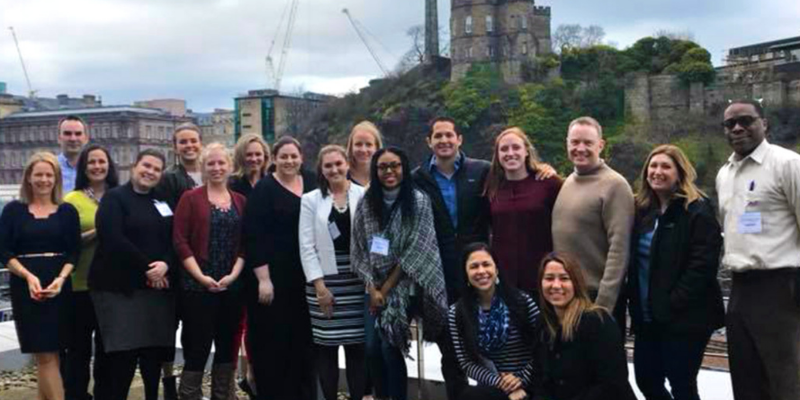

Every day, 135 million Americans go to work and surprising stuff happens. Welcome to the world of human resources and labor relations! Labor and Human Resources focuses on subjects ranging from globalization and talent management to unions and social justice, to gender equity and workers’ rights. It encompasses a variety of growing career areas, all of which address the complex social, cultural, and professional issues you are likely to encounter in modern workplaces. In this major, you will learn in a highly student-centered program with great faculty, wonderful resources, and an in-house career counselor for help as you consider internships and full-time jobs.
Graduates of Labor and Human Resources are equipped for careers in business, government, and labor organizations as labor relations specialists, personnel and human resource specialists, researchers, organizers, consultants, and professionals in mediation and arbitration. The degree is also appropriate preparation for graduate study and law school.
You might like this program if:
You can download our informational flier on the new Labor and Human Resources degree!
The Labor and Human Resources major prepares students for many career opportunities and graduate studies. The majority of our majors work as human resource and employment relations (HRER) specialists—a growing field according to the U.S. Bureau of Labor Statistics. Others have gone on to work as labor union organizers, labor arbitrators, and professionals in non-profit careers. Virtually every employer—multinational corporations, small companies, hospitals, non-profit agencies, universities, and federal, state, and local governments—employs HRER professionals.
Along with three top master’s programs—M.S. and M.P.S. degrees in Human Resources and Employment Relations and an M.P.S. in Labor and Global Workers Rights—we offer a five-year Integrated Undergraduate Graduate (IUG) program through which you can earn your bachelor’s and master’s degrees in a total of five years. Students with a master’s degree land better-paying jobs in coveted positions. Many of our top-performing IUG students receive assistantships that helps to pay their tuition. Labor and Human Resources majors have gone on to graduate school earning advanced degrees in Human Resource Management, Law, Business, and Sociology.